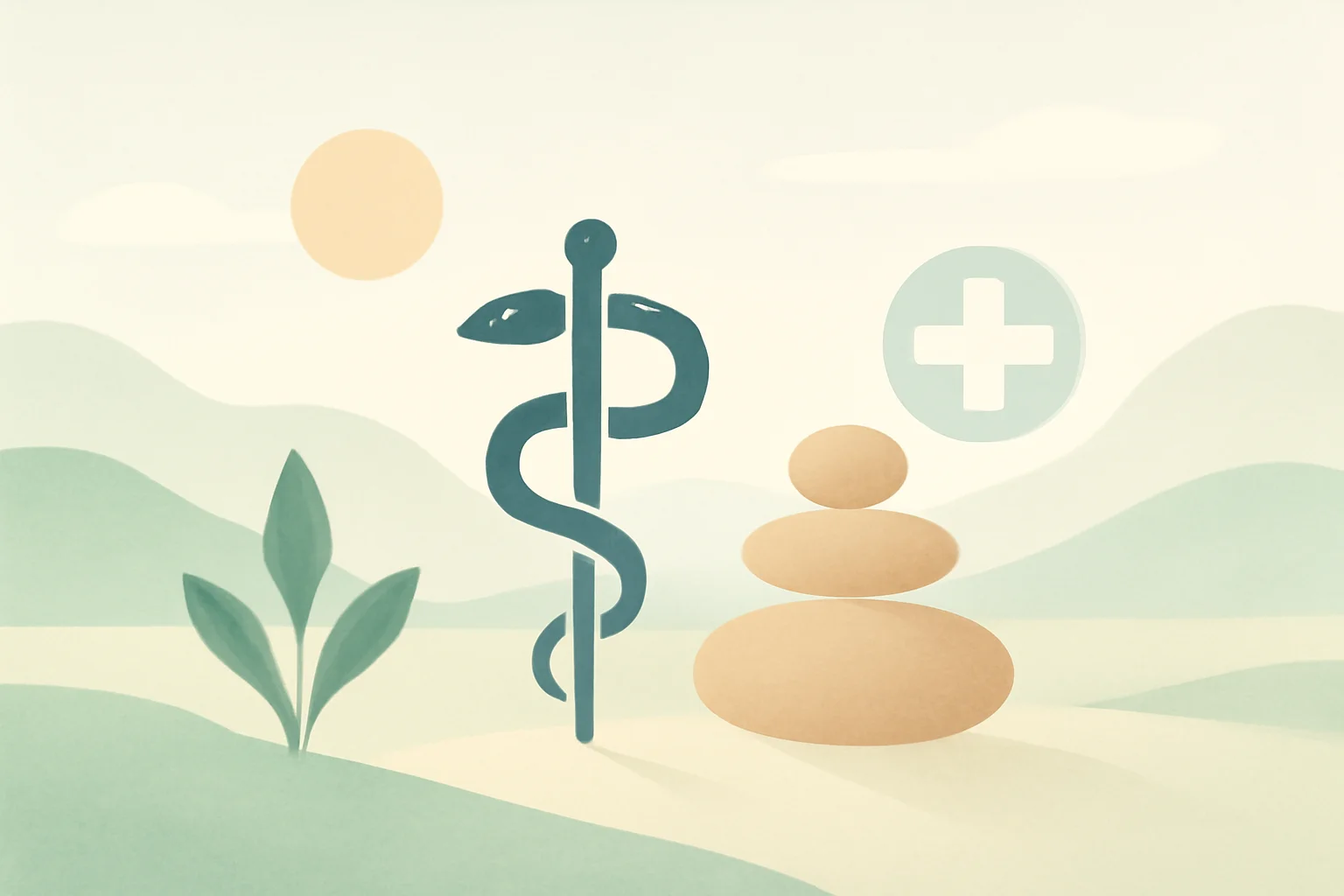
Weakness and Dizziness: Causes and Actions in Everyday Life
Weakness and dizziness are symptoms that many people experience from time to time. These issues can arise from various causes and are often confused with one another. The feeling of weakness is usually a result of physical, mental, or emotional exhaustion, while dizziness often occurs due to disturbances in the inner ear, circulation, or neurological systems. In everyday life, many people ignore these symptoms; however, it is worth paying attention to them, as they can be signs of more serious health problems.
The various causes of weakness and dizziness, such as dehydration, blood pressure issues, anemia, or stress, can all contribute to a decline in the quality of daily life. It is important to understand the underlying causes of these symptoms and seek professional help if necessary. Below, we will review the most common causes and treatment options for weakness and dizziness to better understand these problems and respond more effectively when they occur.
What Can Cause Weakness?
The feeling of weakness often results from exhaustion, fatigue, or a lack of energy. Numerous factors can contribute to the development of weakness, some of which are lifestyle-related, while others may indicate health problems.
One of the most common causes is a lack of physical activity. Regular exercise not only helps strengthen muscles but also enhances circulation and improves energy levels. When someone leads a sedentary lifestyle, they may frequently experience weakness as a consequence. Proper nutrition also plays a key role: deficiencies in vitamins and minerals, such as iron or vitamin B12, can lead to anemia, which can also cause weakness.
Stress and anxiety are also common causes of weakness. Mental exhaustion, constant worrying, or anxiety disorders can all contribute to a decrease in our physical energy. Additionally, if someone does not get enough sleep or does not rest adequately, this can also lead to weakness. The quality and quantity of sleep fundamentally affect physical and mental health.
Other health problems, such as hypothyroidism, diabetes, or cardiovascular diseases, can also cause feelings of weakness. These factors often intertwine, and multiple causes may be behind the weakness. It is essential to pay attention to the symptoms, and if weakness persists, to consult a professional.
Types and Causes of Dizziness
Dizziness is a sensation that many people experience in various life situations. There are several types of dizziness, each with different causes. The most common types include vertigo, which is accompanied by the sensation of the environment spinning, and non-vertiginous dizziness, which presents more as instability or a loss of balance.
Vertigo is most often attributed to problems in the inner ear. The inner ear is responsible for balance perception, and if any disturbance occurs, such as inflammation or fluid accumulation, dizziness may result. Additionally, migraine headaches can also cause vertigo, as the blood vessels dilate and constrict during a migraine, which can affect balance.
Non-vertiginous dizziness is often related to fluctuations in blood pressure. When someone stands up suddenly, their blood pressure may drop sharply, leading to dizziness. Dehydration, arrhythmias, and neurological issues can also cause such symptoms. Dizziness can affect not only physical health but also mental well-being, as the constant feeling of dizziness can generate anxiety and fear.
Since dizziness can arise from many different causes, it is important to consult a doctor if the symptoms persist. The doctor can thoroughly investigate the issue and, if necessary, conduct further tests, such as blood tests or imaging procedures, to identify the cause of the dizziness.
How to Treat Weakness and Dizziness?
The treatment of weakness and dizziness can involve several steps, depending on the underlying causes of these symptoms. The first and most important step is to identify the triggering factors. If weakness or dizziness results from lifestyle factors, such as poor diet, lack of sleep, or stress, then appropriate lifestyle changes can help alleviate the symptoms.
Improving the diet can be crucial. Foods rich in vitamins and minerals, such as vegetables, fruits, whole grains, and proteins, can help increase the body’s energy levels. Proper hydration is also essential, as dehydration can quickly lead to weakness and dizziness.
Regular exercise can also contribute to reducing weakness and dizziness. Increasing activity enhances circulation, strengthens muscles, and improves overall well-being. Additionally, stress management techniques, such as meditation, breathing exercises, or yoga, can help reduce mental tension, which can also contribute to alleviating weakness.
If weakness or dizziness persists, it is important to consult a doctor. The doctor can assist in establishing an accurate diagnosis and may recommend medication if necessary. In the case of dizziness, identifying the underlying causes is particularly important, as dizziness can often be a sign of more serious health issues.
Always pay attention to your body’s signals and do not ignore the symptoms of weakness and dizziness. Early diagnosis and appropriate treatment are crucial for maintaining our health.
Note: This article does not constitute medical advice. Always consult your doctor for health issues!

